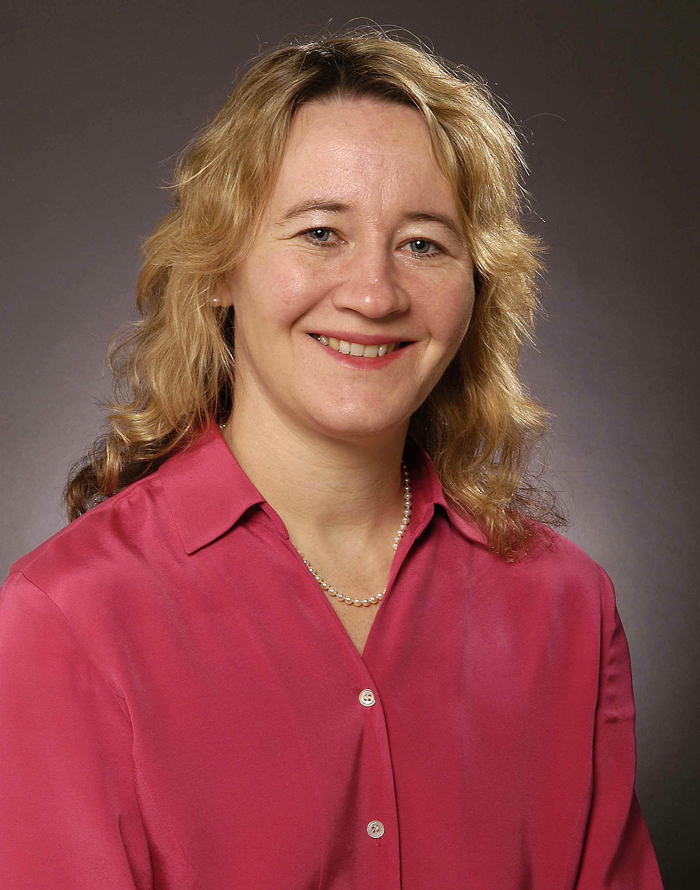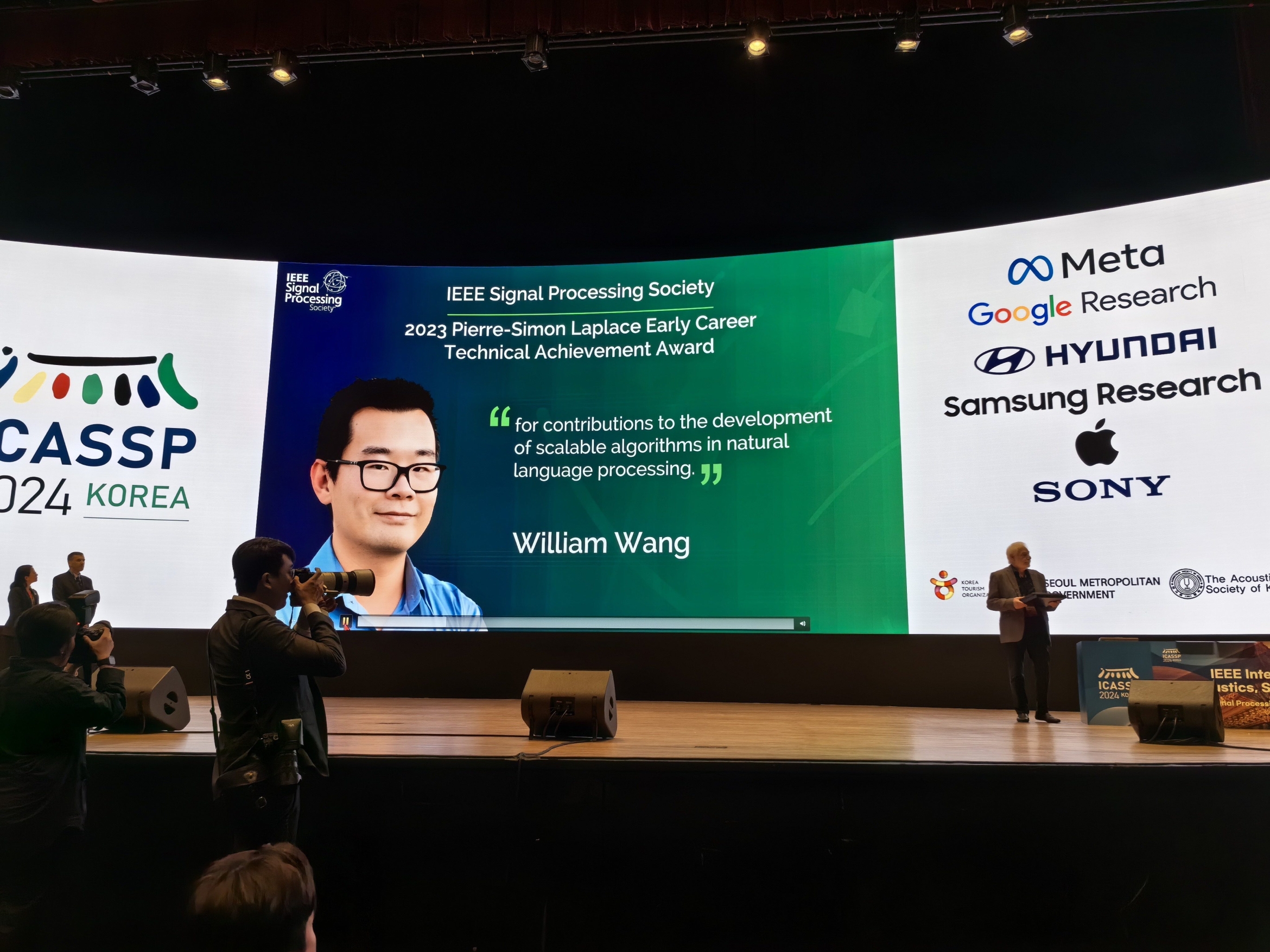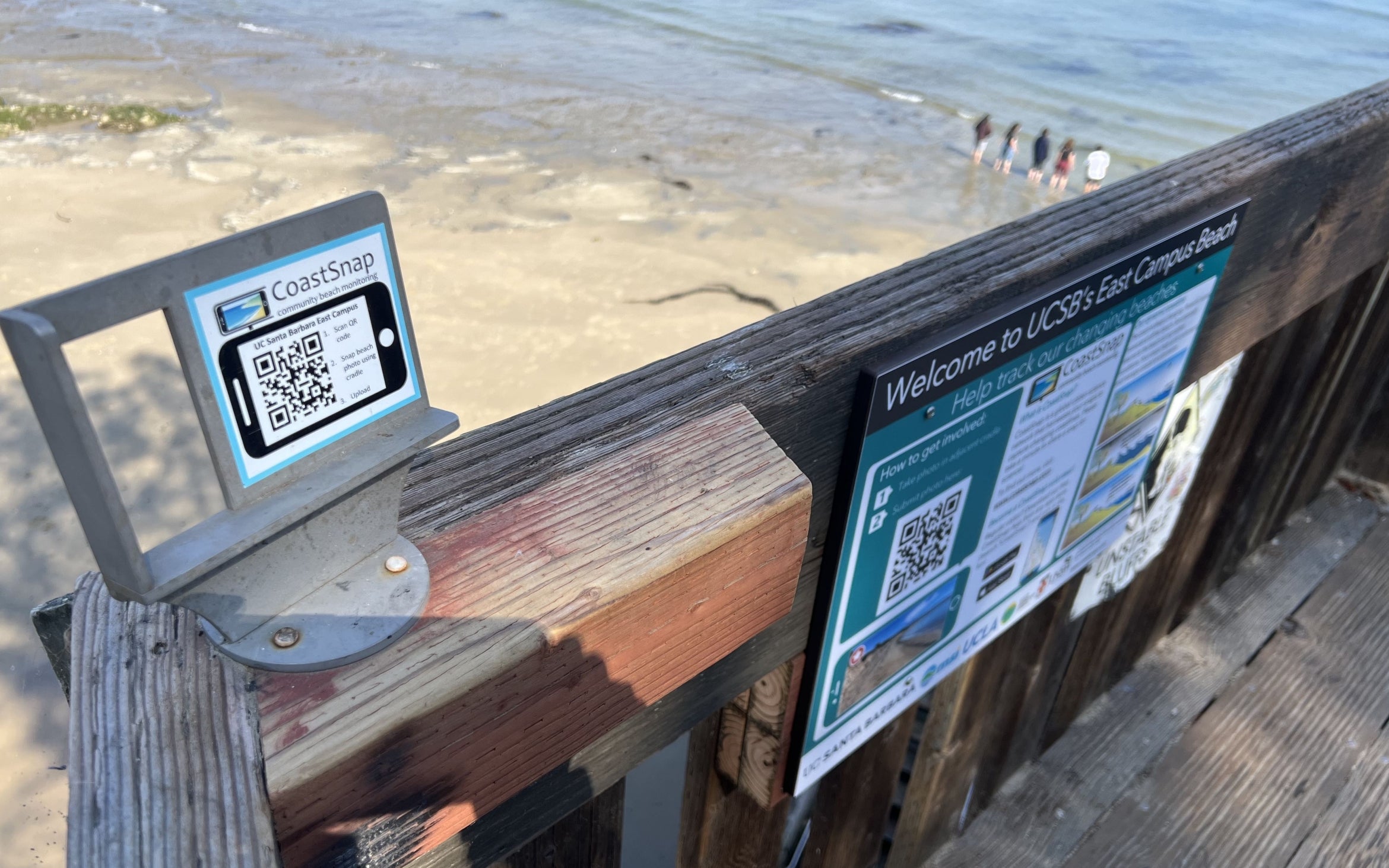
Exploring the Frontiers of Cancer Research
Nobel Prize-winner Carol Greider, a UC Santa Barbara alumna who solved a fundamental problem in biology that has stimulated the development of new therapeutic strategies for cancer and age-related disease, will lecture on Friday, Jan. 21, at 7:30 p.m. in Corwin Pavilion.
Her talk is free and open to the public.
The presentation is titled "How Chromosome Ends Affect Cancer and Age-Related Disease."
The event is part of the Frontiers in Cancer Research lecture series that brings prominent scientists to campus to meet with students and faculty members to discuss advances in the treatment and prevention of cancer.
It is supported by the Cancer Center of Santa Barbara and the Doreen J. Putrah Cancer Research Foundation in partnership with UCSB.
Greider, a professor of molecular biology and genetics at Johns Hopkins University, shared the 2009 Nobel Prize in Physiology or Medicine with UC Berkeley molecular biologist Elizabeth Blackburn and Harvard geneticist Jack Szostak.
They discovered how chromosomes can be copied in a complete way during cell divisions, and how they are protected against degradation. The scientists found the solution in the ends of chromosomes - the telomeres - and in an enzyme that forms them - telomerase.
Blackburn and Szostak discovered that a unique DNA sequence in the telomeres protects the chromosomes from degradation.
Greider and Blackburn identified telomerase, the enzyme that makes telomere DNA.
If the telomeres are shortened, cells age.
Conversely, if telomerase activity is high, telomere length is maintained, and cellular senescence is delayed, which is the case in cancer cells.
Greider's discovery of telomerase has catalyzed an explosion of scientific studies that probe connections between telomerase and telomeres and human cancer and diseases of aging.
Greider earned a bachelor's degree in biology from UCSB's College of Creative Studies in 1983, and her Ph.D. in molecular biology at Berkeley. She is director of the Molecular Biology and Genetics Institute for Basic Biomedical Sciences at the Johns Hopkins School of Medicine.



